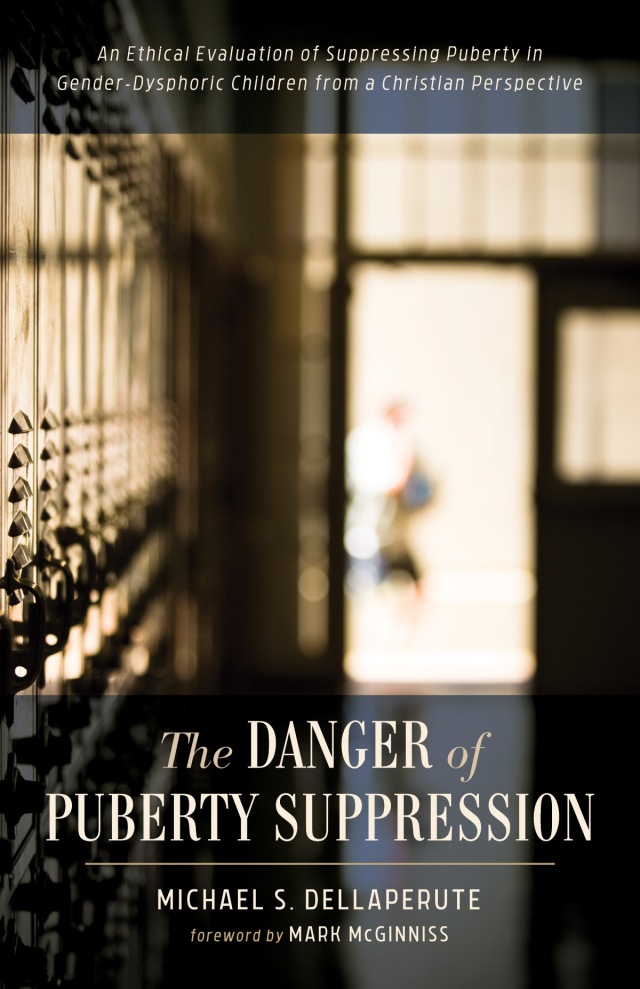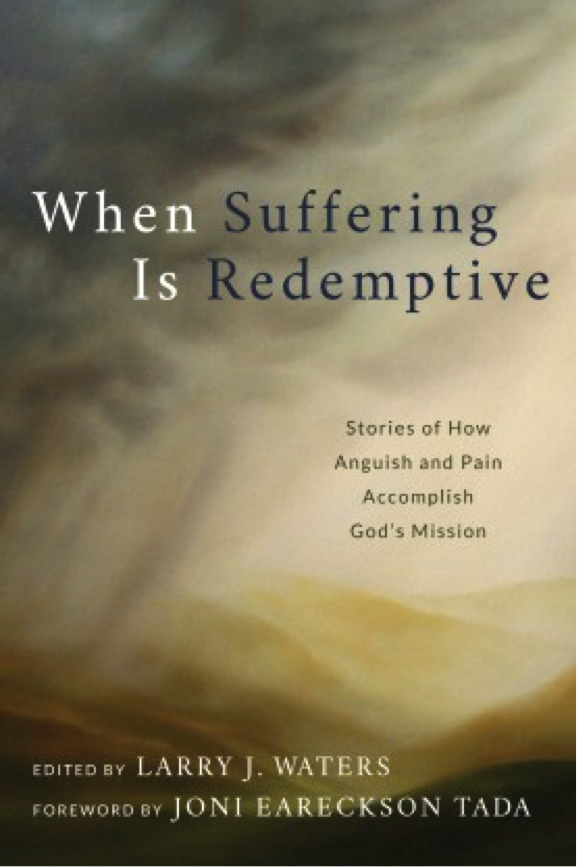Below is an email I received this weekend. Sounds like a neat opportunity.
I’m assisting Jennifer Cunneen from Wycliffe Associates to find volunteers to do a Hebrew check on their Old Testament translation. They need as many folks as possible, even as many as 100. The start date is anytime, and for the end date, it’s a bit more flexible. The first phase of this work ends on September 30, 2016, but they need folks to stay for as long as they can. Ideally, they would prefer six months to a year, but they can work with shorter time frames. Below is a detailed explanation of the Bible translation.
Wycliffe Associates is working on a Bible translation that is completely free of copyright. Not only do they have an English copyright-free translation, but are also translating into 52 of the main gateway (trade) languages throughout the world. These Bibles will be freely given to national translators, so that they may use them to translate into their minority languages which have no Scripture.
To make sure that they have been completely accurate with the original text, they need volunteers who are willing to help them check for accuracy. Their focus is on the Old Testament right now, which means they need volunteers with Hebrew knowledge. The volunteers don’t have to be fluent in Hebrew, but previous Bible background and experience using Hebrew tools would be helpful. The work is done remotely, and would only require about 10 hours per week.
All of this work is done online, so volunteers must have a good internet connection, and feel comfortable accessing their text on the computer. Volunteers will check the translation and then report their findings to Wycliffe’s team by email, or another online interface. They are asking for 8-10 hours per week of service. Please contact Jennifer_Cunneen@wycliffeassociates.org with any student volunteers. Jennifer and Wycliffe Associates appreciates any assistance and prayers to find volunteers.
Blessings in Jesus,
Marc Handelsman
Blog: http://mhandels.blogspot.com

